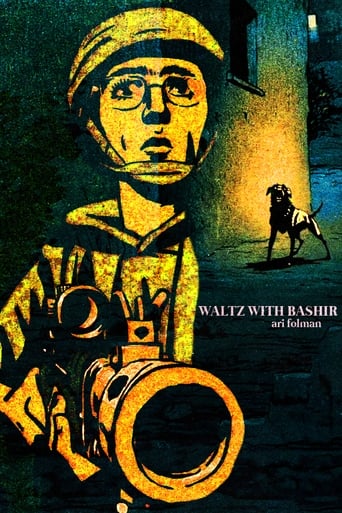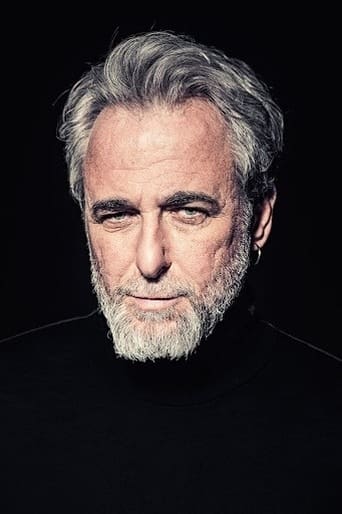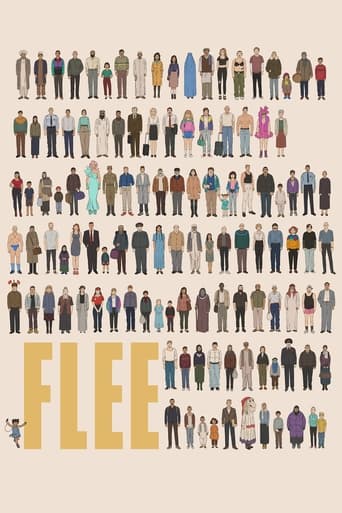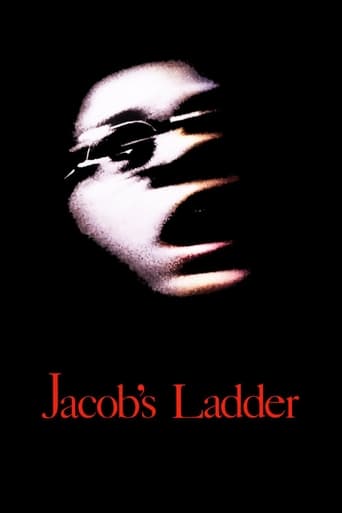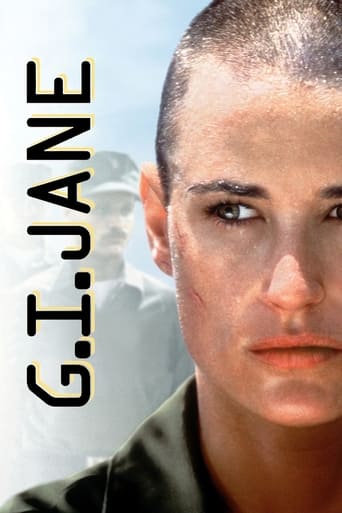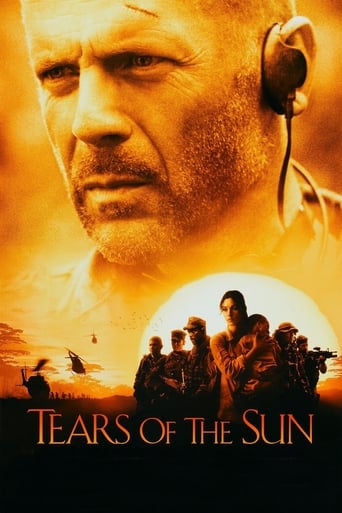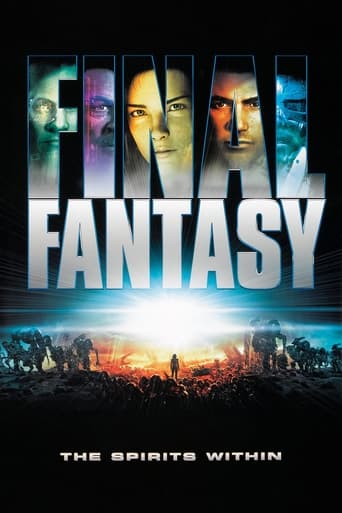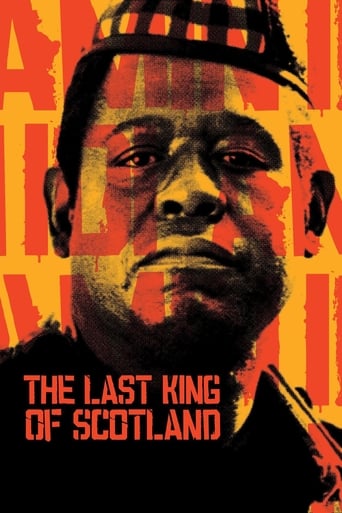Waltz with Bashir (2008)
An Israeli film director interviews fellow veterans of the 1982 invasion of Lebanon to reconstruct his own memories of his term of service in that conflict.
Watch Trailer
Cast


Similar titles
Reviews
Good story, Not enough for a whole film
Yo, there's no way for me to review this film without saying, take your *insert ethnicity + "ass" here* to see this film,like now. You have to see it in order to know what you're really messing with.
At first rather annoying in its heavy emphasis on reenactments, this movie ultimately proves fascinating, simply because the complicated, highly dramatic tale it tells still almost defies belief.
Exactly the movie you think it is, but not the movie you want it to be.
Yes, I'm a Jew (an atheist Jew) from Israel. When this movie was released in theaters, I was about 11 years old, and I didn't want to see this film (I can't remember why). Ever since, I've heard many news and reviews and stories about the success this film got worldwide, especially in Israel, and yet- I never watched it. This week I decided to give this film a try- I finally wanted to know the reason for it's success. I just finished watching it, and now I understand exactly what I missed- the best Israeli film ever. The animation is unique and excellent, the story is interesting and was told spectacularly, the dialog is absolutely great, fast and well- paced movie, the opening scene is just brilliant, a great history lesson about one of Israel's famous wars, there was a lot of comedy and humor (to my surprise) which was handled and presented fantastically, the drama is also intense and well handled, can be a little harsh at times but there aren't many harsh and hard-to-watch scenes. Overall, great film, definitely the best movie ever came out from Israel, and like I said before- fantastically-told story and a great history lesson if you're learning about Israel's war with Lebanon.
"If I'd been doing public relations for the Israeli army, I couldn't have thought of a more brilliant scheme to get them off the hook. Suddenly the villains were Christian militiamen! But in the two months of the siege, the Israelis established that everyone in west Beirut was a legitimate target; they hit every part of the city, using the vilest of modern weapons and showing absolutely no concern for the lives of civilians." - Tony Clifton ("God Cried") An animated documentary, Ari Folman's "Waltz With Bashir" watches as a group of Israeli Defence Force soldiers acknowledge that they've been repressing a very specific memory: after the 1982 Israeli invasion of Lebanon, IDF forces stood back and watched as Christian sects murdered 3500 Palestinian and Shite civilians in what would come to be known as the Sabra and Shatila massacre. Folman then likens Israel's behaviour to that of Nazi concentration guards during the Holocaust. Ironically, whilst the film pretends to be about an admittance of guilt, it's largely an act of evading responsibility. The IDF supported Christian militias for years, the massacre in question lasted days (not hours as shown in the film), and the IDF was directly responsible for tens of thousands of deaths during the conflict, not "indirectly responsible" for a single massacre as shown.Some context: Britain ruled Palestine during the 1920s and 1930s. Palestinians waged a long civil war with the British, attempting to kick them out. In 1947, Britain pulled out and rigged UN votes led to Palestine being split in two (wholly illegally, the Security Council never approving the policy). One chunk went toward "Arabic" Palestinians, the other became the newly formed state of Israel. Zionists agreed with this mandate, but the Arab High Committee didn't. The civil war which began against the British then turned against the newly founded state of Israel.In 1948, some 700,000 Palestinians were driven from their homes. 55 percent of Palestine was then given to Jews who previously controlled 7 percent of the land and made up less than 30 percent of the population. Meanwhile, more Jews are flown in from around the world. Israel deems Palestinians "not indigenous", whilst ignoring the fact that not all Jews descend from ancient Hebrews (whilst many Palestinians do). As Israel grows, the Arab-Israel war intensifies. Partially in response to sixteen high profile massacres (which would morph into 33), the most famous being the Deir Yassin massacre, five nations attack Israel. Israel, though oft portrayed as victim (she was both victim and oppressor), outnumbers all Arab/Palestinian combatants combined. Each side believes they are in the right. The massacres continue.By the end of the war, Israel captures 78 percent of Palestinian land. Towns are obliterated and renamed, maps are redrawn and 750,000 Palestinians find themselves refugees. After decades of squabbles, the Six Day War begins in 1967 with Israeli launching surprise air-raids on Egypt (Israel, the UK and France had warred with Egypt over ownership of the Sinai peninsula several times before). Here Israel swiftly occupies the last remaining 22 percent of Palestinian land, as well as parts of Egypt, Sinai and Syria (the Golan Heights, never returned). As the years go by, Palestine would come to resemble a giant concentration camp, walls and checkpoints erected, its infrastructure annihilated and more land slowly confiscated. Roughly 8 million dollars a day would flow from the US to Israel, the tiny nation now a regional superpower. Meanwhile, Israel increasingly uses "Palestinian rocket attacks" to justify their militancy (about 12 Israelis died to Palestinian rockets over the past 2 decades). Numerous peace plans are drawn up (most famously UN 242), most of which are rejected for very specific reasons: the fear that a Palestinian majority will develop within Israel ("the demographic problem") and the fear that acquired land and settlements, all of which are deemed illegally stolen by the International Court of Justice, will have to be returned ("the withdrawal problem"). Since 1976, there has been overwhelming international consensus in support of a two state plan in keeping with internationally recognised borders. The consensus includes Arab states and the Organisation of Islamic States. The US and Israel have blocked these proposals for almost 4 decades.The Palestinian Liberation Organisation was formed in 1964. Since 1974 it has been recognised by the UN and most other nations as the "government" of Palestine. Israel views it as a "terrorist organisation". The PLO would recognise Israel's right to exist in peace in 1993, accepting UN242 and rejecting all violence and terrorism. Also "representing" Palestine is Fatah, a major political party within the PLO, founded by Yasser Arafat, and Hamas, an ultra right-wing, demented offshoot of the Muslim Brotherhood, once backed by Britain/Mossad to essentially destroy the PLO and provide justification for Israeli counter-violence.In 1982, after years of trying to trigger "internationally recognised provocation", Israel invaded Lebanon outright. The invasion was justified with a very specific lie: the assertion that the PLO, which represented over 300,000 Palestinian refugees in Southern Lebanon, was behind an attempted assassination on an Israeli ambassador. Meanwhile, Israel launches hundreds of illegal incursions into Lebanon between 1980-82, as well as bombing runs on refugee camps. The 1982 invasion was used to expel the PLO from Lebanon, dethrone the Lebanese government and install in Lebanon a pro-Christian leader called Bachir Gemayel. The PLO headquarters would move to Libya. The militant organisation, Hezbollah, backed by Syria and Iran, was formed in response to the invasion.Throughout the 1970s, Lebanese Christian sects were backed/armed by Israel and UK. They included the South Lebanese Army and the Kataeb Party (the Lebanese Phalanges Party), a violent, right-wing sect. These groups used the 1982 Lebanese invasion, and Israeli air-raids, as cover for larger attacks on Palestinian refugees. Israel gave them explicit carte blanche to do this, one result being the Sabra and Shatila massacre.6/10 – Nightmarish, powerful but thin. Worth one viewing.
Waltz With Bashir (Vals Im Bashir) Is A Great Film. But Its Also A New Step In Filmmaking. Ari Folman makes a rare type of film that no one sees. Animation and Documentary combined. This is one of the most revolutionary films ever made because its a new way of telling a story and a new type of animation having some of the most realistic character models in a animated film to date.The film follows Folman as he interviews soldiers from The Deadly Lebanon War to get his memories from the war back as he was a soldier. The stories are shocking with each soldier telling his POV of the war. Folman is not trying to point fingers here. He is trying to show the effects of war like other films do (Das Boot, The Hurt Locker) and does a terrific job at it.I like that they are very careful not to make this film to colorful. Most of the colors in the film are black, Grey, green, brown and yellow. If the film had too many colors like red and blue and pink, then the film would look strange and odd. Without all these colors, the film looks Grimm and hell-like. Thats what Folman was trying to do here.I am so impressed by this film. It is sure to become one of the greatest films of the millennium.92/100 A-
One of the more brilliant films I have seen recently. It is the first animated documentary film I have seen and the montage is so effective that it made me wonder why is this not a more popular medium.The plot is kept gripping through the lens of the self-portrayal of the director who is searching for his lost memories of the war. It focuses on the psychology of the military men and the measures their minds resort to cope with the stress. The dealing of the actual massacre is not heavy handed and is approached in a balanced way, that leaves the audience with a burning desire to find out more about what transpired and how the collective failure of conscience of 3 groups of military men was brought about through systematic delegation.The auto-ethnographic angle helps focus on the non-political and a more humane angle of Sabra and Shatila massacre of 1982, which to me was the most novel aspect of the film that experiments with a lot of ideas of movie making and pushes the limits of cinema.Brilliantly pieced together with a comic-esque feel, Waltz with Bashir will stay in my head for the title sequence. A rash, callous and incomprehensibly inhuman act is described as a waltz. Accompanied with music that is befitting of the interpretation of the scene, it is among the best sequences in movies.

